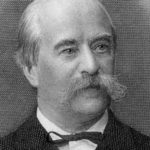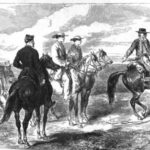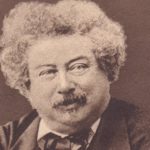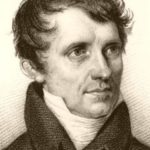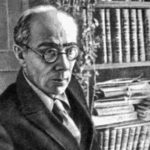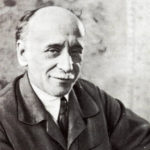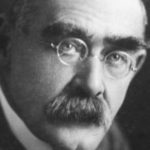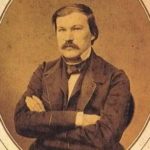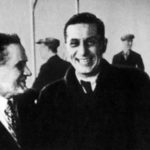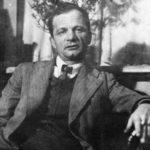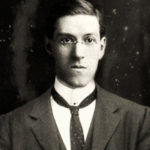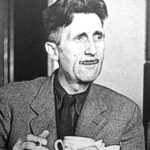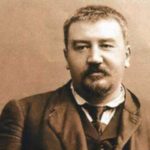Interesting facts about Jules Verne
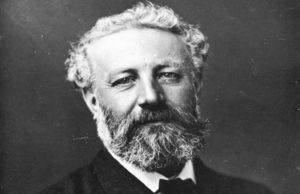 The French pen master Jules Verne is one of the most famous pillars of adventure literature. Some of his books are aimed at young readers, but there are also quite serious works. All his work combines one thing – a passion for travel and adventure, which remained with the writer throughout his life, and which he invested in his books.
The French pen master Jules Verne is one of the most famous pillars of adventure literature. Some of his books are aimed at young readers, but there are also quite serious works. All his work combines one thing – a passion for travel and adventure, which remained with the writer throughout his life, and which he invested in his books.
The future writer first tried to go on a journey at the age of 11, having run away from home. He signed up as a cabin ship for a ship sailing to India. Parents managed to prevent him in time.
Unlike most other writers who worked mostly at home, Jules Verne traveled for most of his life. The impressions received served as his inspiration for creativity.
The writer owned three yachts.
Jules Verne’s books have been translated into 148 languages and published in many countries of the world.
When inspiration attacked him, the writer could sit at work for fifteen to sixteen hours a day.
One of the most famous books of Jules Verne, “Journey to the Center of the Earth”, was banned in Russia in the 19th century because of protests of the clergy, whose representatives saw an attempt on religious foundations in this work.
The writer had two adopted children, since he married a widow.
Many things that were fantastic at the time of writing were subsequently invented, for example, a plane or an aqualung. Moreover, some scientists admitted that it was the reading of the books of Jules Verne that prompted the invention of this or that instrument.
The action of several books of the writer takes place in Russia. However, he never in his life has been in this country.
Due to the fact that Jules Verne traveled a lot, he was accepted into the Geographical Society of France, although he was not a scientist.
His works were filmed more than two hundred times.
Before starting to write adventure literature, Jules Verne tried himself as a playwright, but soon left this occupation. And not least due to the fact that it was not very profitable.
He had to start traveling after a gunshot wound to the ankle. He was shot by his own nephew, who suffered from a mental disorder.
The master’s personal card file contained over 20,000 notebooks containing knowledge from a wide variety of fields.
Having blinded shortly before his death, Jules Verne, however, did not abandon his creative work, continuing to dictate books to the very end.

